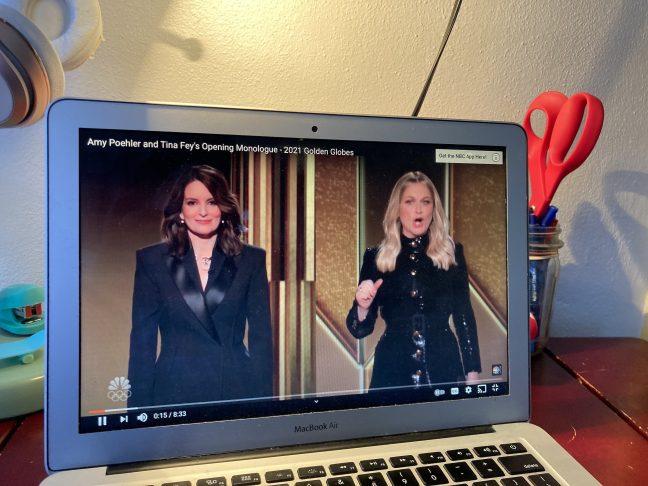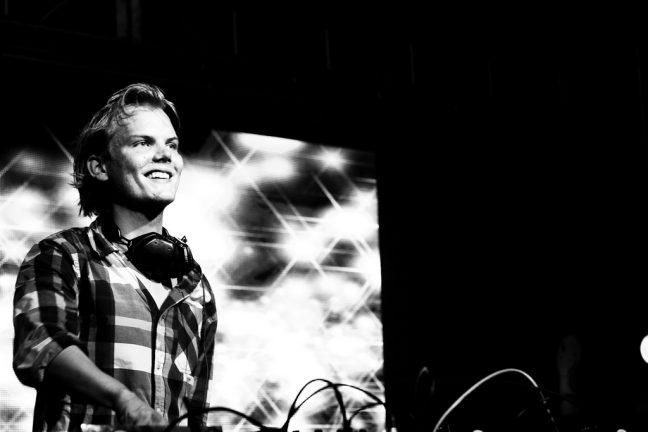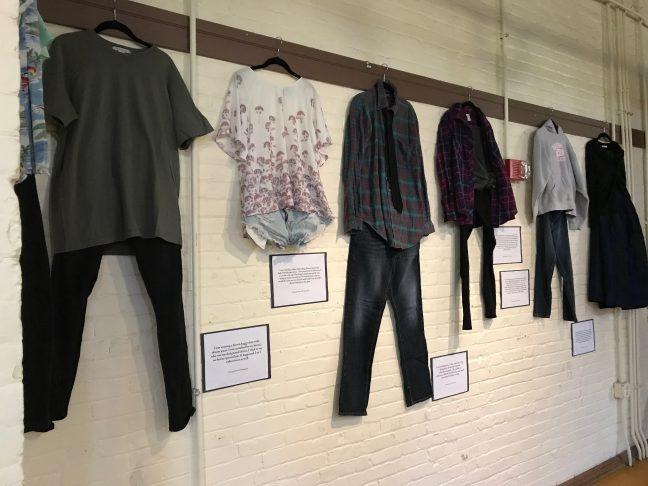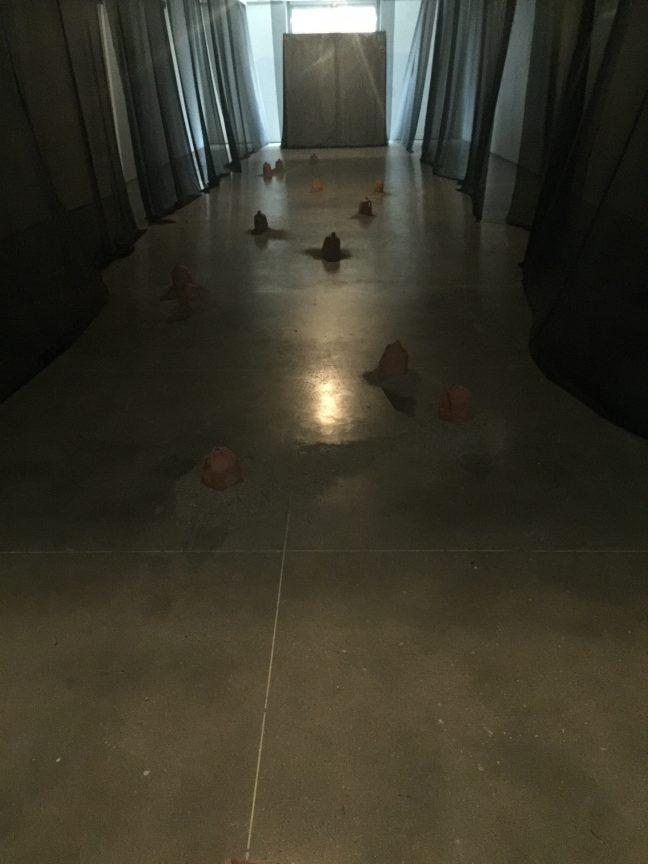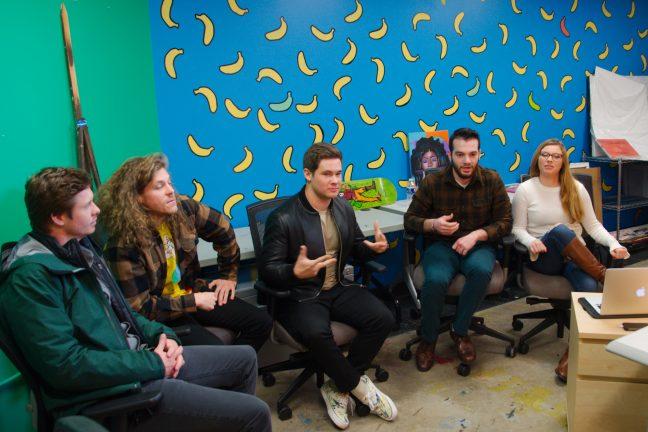
The Nightwatchman came running earlier this year when he felt Wisconsin union protesters needed his legendary songs of justice to inject musical life into their movement. Six months later, and two senate seats stronger, the wound that originally brought the frontman of Rage Against the Machine and Audioslave to the Capitol steps remains unhealed. Last night at Madison’s Barrymore Theater, Tom Morello took up where he left off, in an appropriately-timed “labor” day performance.
“I was very inspired by the time I spent in Madison in February,” Morello said. “While I’ve played hundreds of protests and demonstrations, I never saw anything like what I saw on the streets of Madison and in the Capitol building – where you had unionist police officers and anarchist students high fiving each other in the hallways and standing shoulder to shoulder fighting for justice in union struggles across the Midwest. … They were using all of their intelligence and creativity and power to let the whole world know what was going on in Wisconsin was wrong.”
With him were Wayne Kramer of MC5 and Tim McIlrath of Rise Against, who performed with Morello Feb. 22 at Monona Terrace; an impromptu concert that took place within the very first days of protest. The intention of their return to Madison, which kicked off the three-part “Justice Tour,” was, as Morello put it, “to continue to stir up trouble in your fine city.”
The tour will also stop in Michigan and Ohio, two more states which Morello considers to be “under siege” as far as workers’ right to organize. In conjunction with standing up for this issue, Morello hopes to promote the idea of independent media. Non-corporate news outlets have been invited to report on the shows, and the proceeds will go toward the creation of a wider pool of ideas.
“One of the things I noticed after I returned home from Madison in February was most of the prejudiced reporting of things that I had seen there,” he said. “All the money from these shows benefits the Nation Institute, which promotes independent media. That is, media that is of the people, by the people and for the people, one that is willing to tell the truth and is unburdened by corporate sponsorship, which will inevitably lean on them to give a slanted view of the facts.”
The Nightwatchman released two albums this year: an EP called Union Town and a full-length record called World Wide Rebel Songs. Both contain more electric guitar than any of his previous solo works, which have been primarily acoustic.
“Only one song on that EP is live; it is the song ‘Union Song’ that I performed live on the steps of the Capitol before my fingers got frostbitten,” he said. “I thought that the recording of that particular song captured the feeling of power in the streets and the anticipation that the citizens of Madison and the working class people of Wisconsin had. They were able to … have some say over what their lives and their families’ lives would be like and stand up to an awful governor trying to strip them of their most fundamental rights.”
Many well-known figures in history have discussed and fought social injustice; Morello spent a lifetime addressing these same issues and reaching people through the context of song.
“One thing about music is it can be completely uncompromising. It has been a part of every social justice struggle in the country,” he said. “Music is very important to help steel the backbone of people under siege … when you’re standing amid a hundred thousand people singing a song it speaks to something in the reptilian brain that can be very energizing, and when it’s done right can feel like the truth.”
Morello took time to reflect on a benefit show he was booked to play in 2010 for several guitar manufacturers in Seoul, South Korea, who had lost their jobs after trying to unionize. However, the day before the benefit, the devastating earthquake in Haiti took place. Instead of going ahead as planned, the Koreans voted to donate 100 percent of the proceeds from their benefit to Haiti.
“I thought it was such a selfless act and really a glimpse into the kind of world I’d like to see and the kind of world I’m fighting for,” he said. “It’s the same kind of world I felt on the streets of Madison and that I know is in the hearts and minds of working class Wisconsin who have had enough.”



